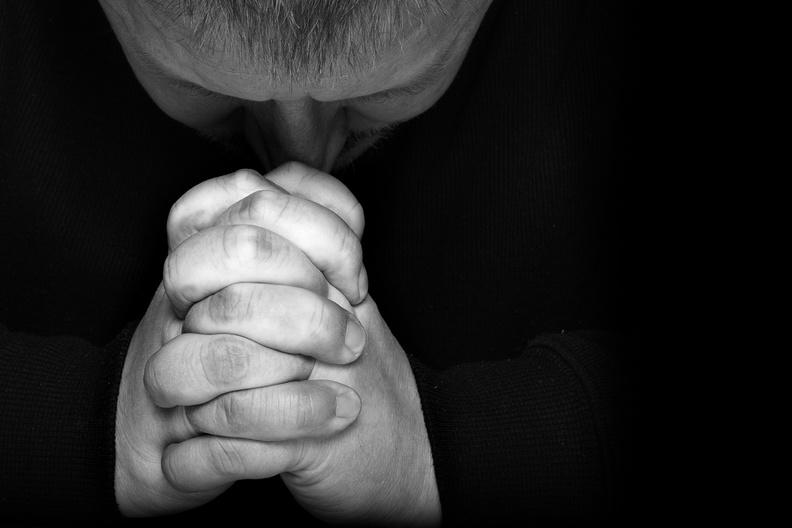
My Story Continues
by Father Robert Fambrini, S.J. | 10/27/2019 | From Fr. FambriniAll religious superiors are required by Canon Law (the law of the church) to have a group of consultors in order to provide proper advice and perspective on issues of governance. While I was assigned to Blessed Sacrament in Hollywood, I was informed by the provincial that he had appointed me to be one of his consultors. This sent me scurrying as I had no idea what this meant.
It didn’t take me long to understand that this meant monthly meetings where the confidential issues of the province were taken up for discussion. These issues of governance included personnel issues, the assignment of superiors to our various works and the evaluation of ministries.
In 1993 it came time to select a new Director of Novices, which is arguably the most important position in the province, second only to the provincial himself. The consultors spent at least two of our monthly meetings composing a lengthy two-page, four paragraph description of the type of person we were looking for. The plan was to send this document of qualities out to the various houses of the province requesting suggested names. Good luck, I thought, as I reviewed the letter we had composed. Who could possibly meet these expectations? Jesus need not even apply!
Continue
My Story Continues
by Father Robert Fambrini, S.J. | 10/20/2019 | From Fr. FambriniLast week in my letter I wrote of the Jesuit who made the greatest impact on me in spiritual formation, John McAnulty. This week I present the Jesuit who mentored me in my pastoral ministry, Bob Curry.
Bob and I met in the summer of 1983 at the Institute of Jesuits in Parish Ministry in Santa Clara. At the time Bob was the pastor of Old St. Joe’s in Philadelphia, founded in 1737 and located very close to Independence Hall. I had just been named pastor of Christ the King in San Diego, a poor inner city parish with a mixed congregation: black, white, Hispanic. After the conference I went to another conference and then took my vacation. When I returned to my office some three weeks later, filled with much anxiety, I clearly remember seeing one of those pink “while you were out of the office” memos on the top of the stack of mail. It was from Bob welcoming me to my first day as pastor and extending a hand of help and guidance. I took him up on his offer. I was so glad I did.
Continue
My Story Continues
by Father Robert Fambrini, S.J. | 10/13/2019 | From Fr. FambriniI have decided to keep my finger on the pause button of the chronology of my life’s story. Over the next two weeks I want to share a bit of my relationship with two Jesuits who were critical to my formation and pastoral ministry history.
First of all, let me tell you that when I read in the Gospels of Jesus promising a hundred of blessings to those who dedicate their lives to him, in my own life I consider that to be the countless friendships I have made in my 52 years as a Jesuit. To be a member of the Society of Jesus is to be part of a large family which extends across the globe. When I enter a Jesuit house in some out of the way place where I have never been before, I still feel at home.
As I wrote several weeks ago, I entered the Society at the tender age of 17. To say I was young would be an understatement. There are, of course, both advantages and disadvantages to this. A definite advantage is that the younger the person is upon entrance, the easier it is for him to be formed. I feel that was my case.
Continue
My Story Continues
by Father Robert Fambrini, S.J. | 10/06/2019 | From Fr. FambriniMy need to know more involves a bit of history on the civil war in El Salvador -- a war that lasted from 1979 to 1992 with an estimated 75,000 deaths, mostly civilians. The root cause of the conflict, as is usually the case in poor Third World countries, was distribution and ownership of land. However, it was packaged in the all-too-easy label of freedom vs. Communism. There were human rights atrocities on both sides but the vast majority were perpetrated by the military. The Reagan and Carter administrations provided military aid of $1-2 million per day which included significant training of troops.
Continue